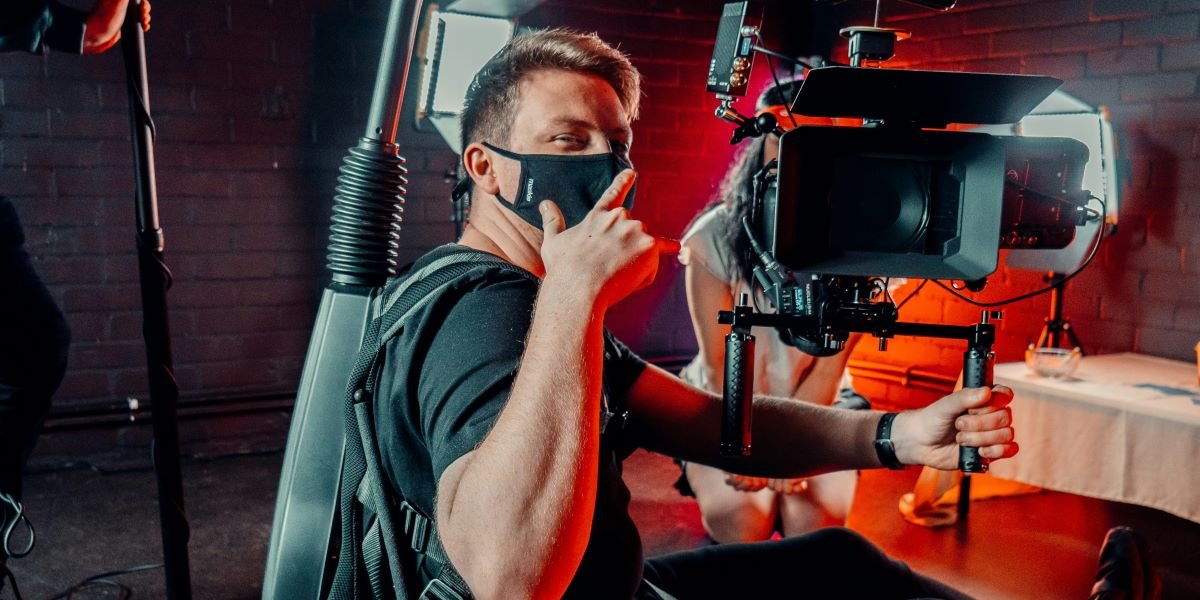By Robert Mazin
In elite sports, the push for early specialization has become a norm — children as young as seven years are streamlined into single-sport tracks with dreams of stardom. Parents invest in private coaches, club travel teams, and year-round regimens in hopes of raising the next great hockey player, tennis champion, or football star. But what if this hyper-focus is doing more harm than good?
From a developmental, neurological, and mental performance standpoint, training in only one sport may be a short-sighted strategy. It’s a position championed by former professional athlete and renowned mental coach Robert Mazin, who leads the performance-forward team at 369 Sports & Entertainment.
“Sport is a tool to develop the whole person — not just the body, but the brain, the mindset, the discipline,” Mazin explains. “And the brain grows best when it’s challenged in different ways, just like the body.”
The Science of Coordination and Neuromuscular Growth
Sports that emphasize different types of movement — such as hockey, boxing, jiu-jitsu, and football — stimulate different muscle groups, neural pathways, and decision-making patterns. According to research published in the Journal of Sports Sciences, children and adolescents who participate in multiple sports develop higher functional movement skills, better proprioception (body awareness), and lower injury rates over time.
Coordination isn’t simply a physical trait — it’s a neuromotor skill. As Mazins says, “You don’t just train muscles, you train movement. And movement comes from the brain.” When young athletes engage in varied types of motion, it promotes cross-lateral motor development, balance, and cognitive agility — all of which contribute directly to performance in their primary sport.
The Brain-Body Feedback Loop
Physical activity doesn’t only shape the body — it wires the brain. Exercise boosts blood flow to the brain, improves executive function, and supports neuroplasticity, which is the brain’s ability to reorganize and adapt. The Harvard Medical School and other institutions have long confirmed that physical activity enhances memory, learning, and decision-making — all critical skills for athletes under pressure.
“In sports, thinking fast is just as important as moving fast,” says Mazin. “When you train the brain through variety, you give it more tools to solve problems on the field — or in life.”
This perspective supports the growing trend of cognitive training in professional athletics, but Mazins takes it a step further. His holistic philosophy sees the body and mind as one unit: “The body develops the brain. The brain develops the body. That feedback loop is the foundation of athletic intelligence.”
Avoiding Burnout, Overuse, and Fragile Identity
Beyond the physical science, there is a human reality. Specializing too early can lead to overuse injuries, mental burnout, and — perhaps most dangerously — the formation of a fragile athletic identity. When a young athlete believes they are only a hockey player or only a gymnast, their sense of self becomes tied to performance in one narrow area. Any setback — an injury, a lost season — can trigger anxiety, depression, and even identity crisis.
Multi-sport athletes, by contrast, often display more emotional resilience, better adaptability, and a broader sense of purpose. It’s no coincidence that some of the most successful professional athletes — from Serena Williams to Patrick Mahomes — played multiple sports growing up.
A Mental Coach’s Prescription: Embrace the Variety
Robert Mazin, who still trains like a pro athlete himself, strongly advocates for varied sport participation as a fundamental principle of growth — not just for aspiring stars, but for professionals too.
“You want to build a champion? Don’t just focus on skills. Build a system inside them that can grow, adapt, learn, and recover. That takes multiple inputs. That takes movement diversity,” he says.
His coaching clients — from young talents to seasoned veterans — are encouraged to step outside their comfort zones. A hockey player may cross-train in boxing to improve balance and close-contact awareness. A boxer may spend off-season playing football to improve footwork and field vision. The result? A smarter, more adaptable, more complete athlete.
The Whole Athlete Wins
In a performance culture obsessed with specialization, it’s easy to forget that sports were never meant to narrow us — they were meant to develop us. The most resilient, capable, and mentally tough athletes are often those who stepped off the beaten path and explored the full range of their physical and cognitive abilities.
As Robert Mazin puts it:
“Don’t raise a hockey machine. Raise an athlete. Raise a thinker. Raise a personality
To learn more about 369 Sports and Entertainment, visit them on Instagram @369.ent












